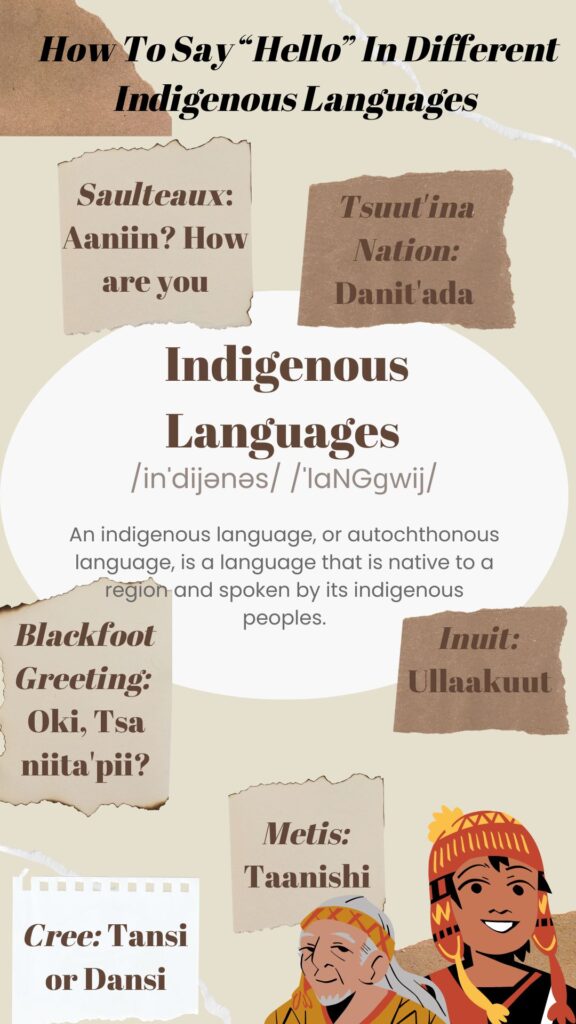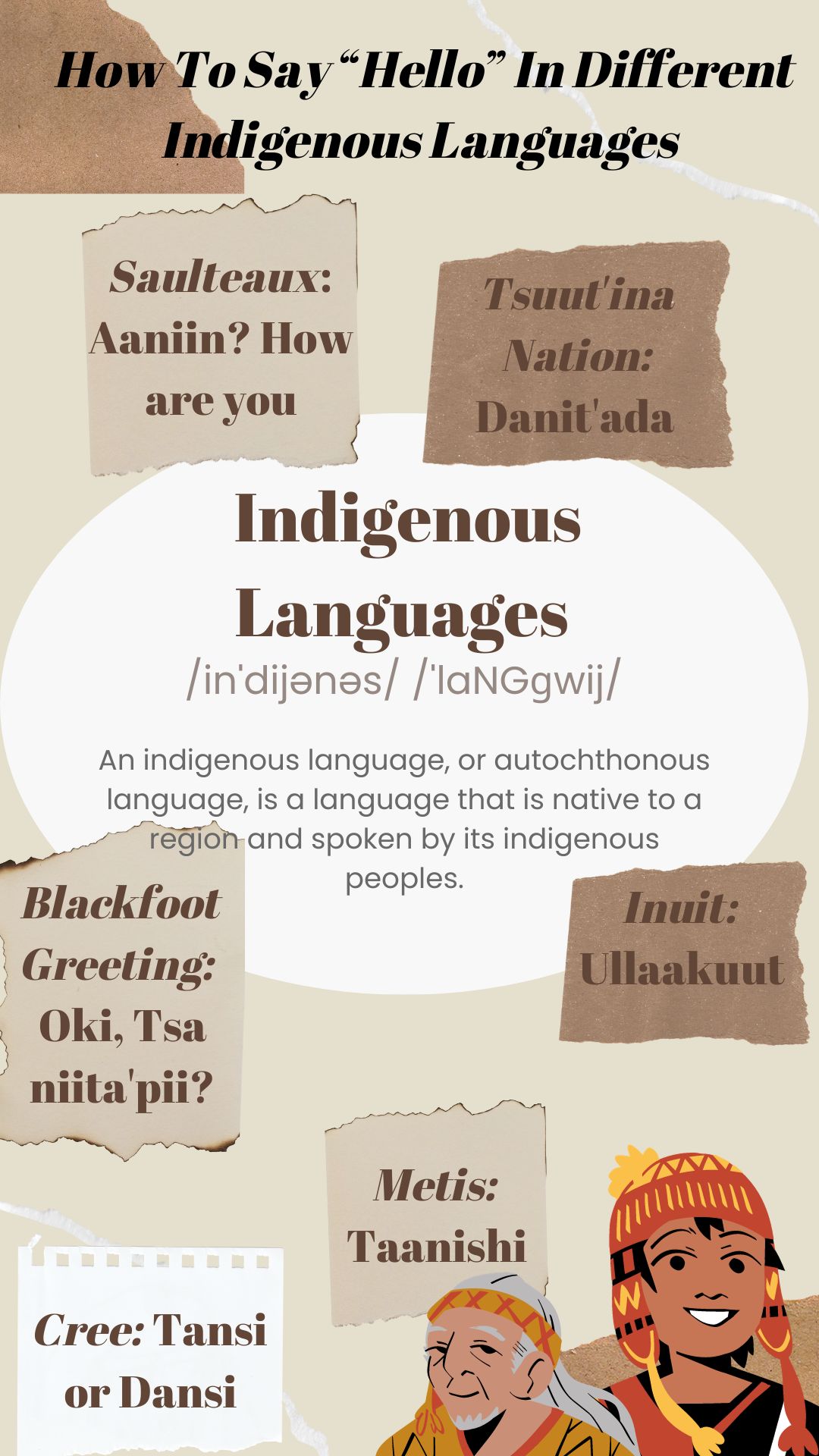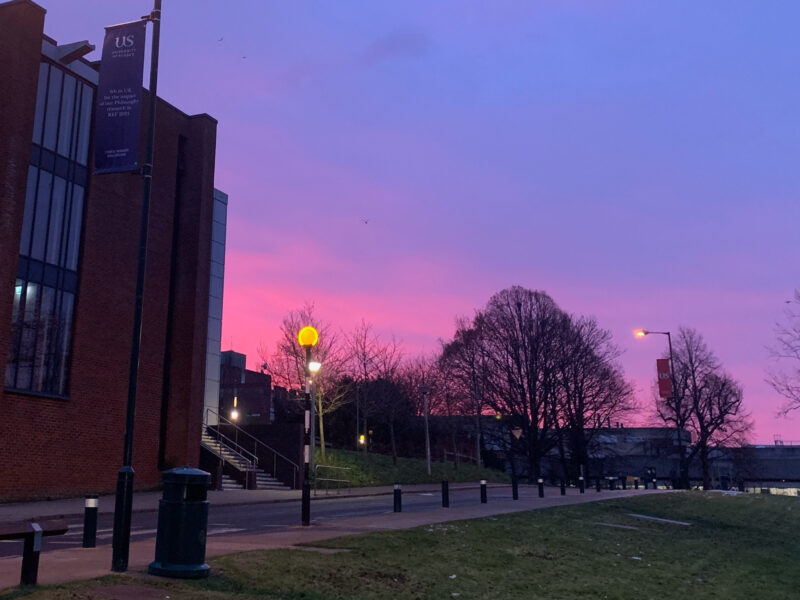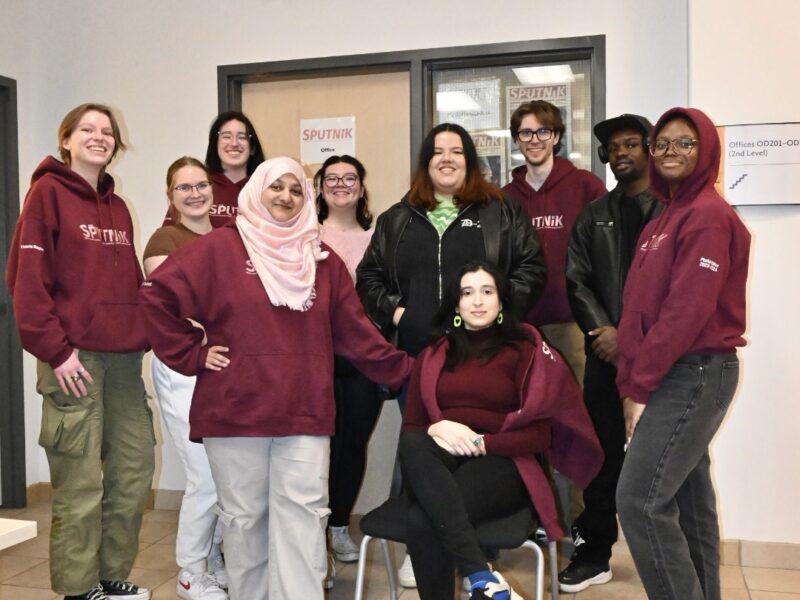Niyati Pancholi / Sputnik Photography
Language is the most important form of communication. Languages help build relationships with others by sharing ideas, beliefs, knowledge and feelings about our life experiences. Languages encompass the rich backgrounds, history and culture of the people who speak it. For Indigenous people across Canada, many of their traditional languages have been under threat of extinction.
According to the 2006 Canadian census, around 222,000 Indigenous people reported that they spoke an Indigenous language as their first language from childhood up until the time of the census. According to linguist Dale Kinkade, only a third of Indigenous languages in Canada have a chance to survive, with fewer than half of the remaining languages likely to survive the next 50 years. Even the more prevalent and widely spoken languages can be deemed potentially vulnerable.
Residential schools had a major role in the loss of language for Indigenous communities across Canada. Residential schools were used as a tool for the impositions of colonial notions of enlightenment and superiority, where the identities and cultures of Indigenous children were erased. Moreover, many children died due to neglect, illness and abuse, adding to the loss felt by generations. The children who did return home from residential schools either did not know how to speak their mother tongue or did not due to trauma. Modern challenges such as a lack of representation, dominance of European languages in public life, violence and climate disasters further contribute to the extinction of Indigenous languages across Canada.
The disappearance of languages will threaten communities for generations to come. Songs, prayers and ceremonies are traditionally done in Indigenous languages and are essential for the transmission of traditional knowledge. Language is vital for the maintenance of the well-being of Indigenous people across Canada.
Many efforts have been made to revitalize endangered Indigenous languages across Canada, but much more work could be done if Canada is truly committed to reconciling past harm. Linguists Leanne Hinton and Kenneth L. Hale define language revitalization as efforts designed to “cultivate new speakers of a language where intergenerational transmission has been severely disrupted and children are no longer acquiring their ancestral language as a first language.”
Schools could be a place to lay the foundations of language revitalization for not only Indigenous people, but all Canadians who reside on their traditional territory. The Ministry of Education is responsible for creating the curriculum in consultation with many individuals and organizations. According to the Government of Ontario, the curriculum is designed to be “current, relevant and balanced.” This means the curriculum is supposed to reflect what is important to society at that time.
Indigenous languages should hold just as much space and reverence in the school curriculum as French or English. More importantly, Indigenous languages belong to the communities that speak to them and their involvement is vital for maintaining respect, more just power dynamics and to avoid misappropriating language, as Indigenous language encompasses lived experiences and world views rather than just words.
Empathy is a difficult feeling to conceptualize. Empathy is to understand how other people may think or feel, but it goes much deeper as it relates to understanding someone so fully that you can project yourself in their place as if you are them. Empathy is a process where both parties are burdened by sadness, pain or loss, but also experience the highs of each other’s happiness, perseverance and success. Language revitalization should be every Canadian’s responsibility and contributes to a greater goal of empathizing with each other. Ultimately, to know each other is to speak each other’s language.





